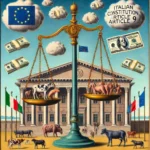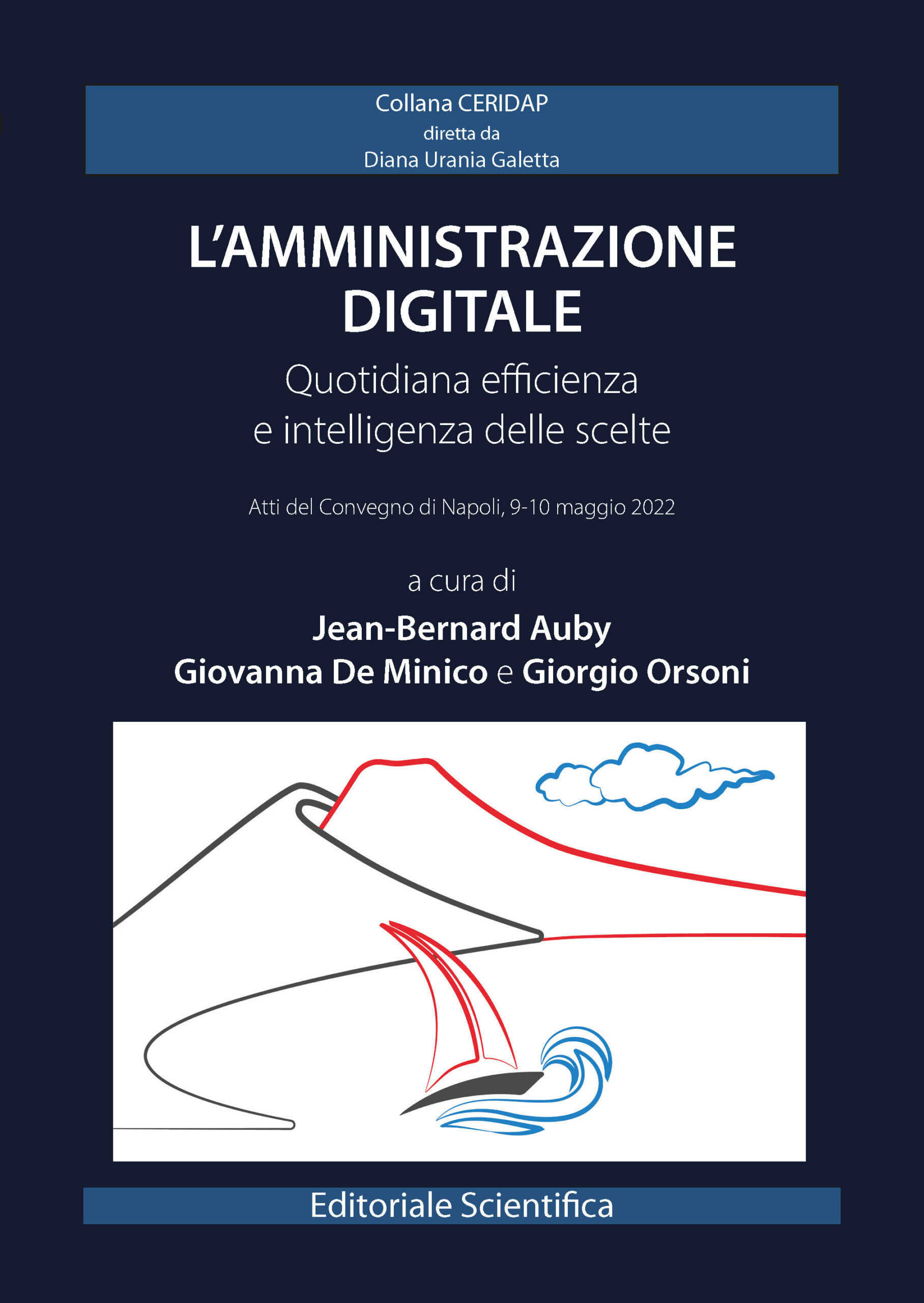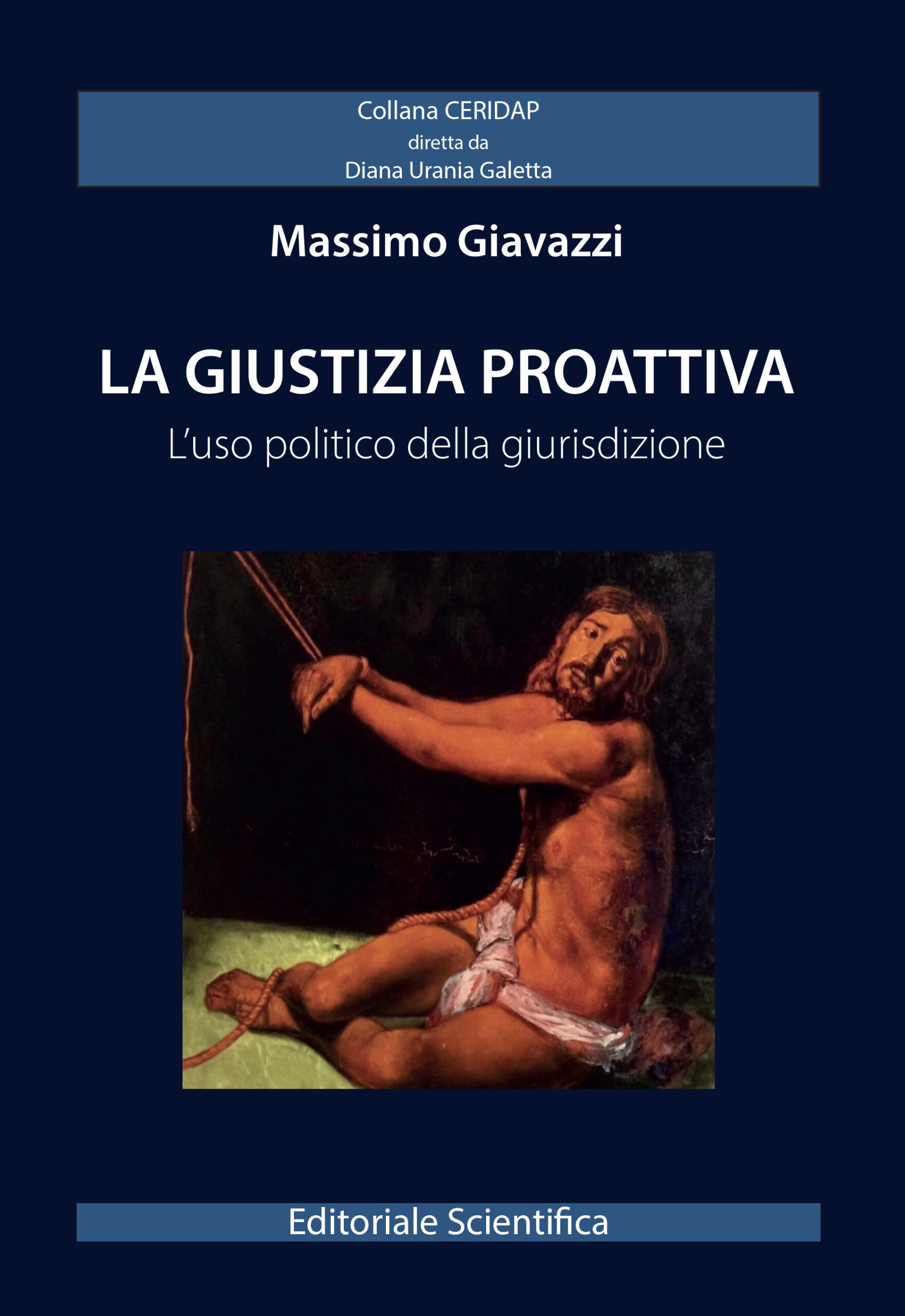In the spotlight


The sentence highlights the requirement for a detailed and coherent evaluation of the minimum environmental criteria in the tender documents, stating that a simple reference to Ministerial Decrees is not enough. This approach ensures that contract performance effectively complies with environmental standards, promoting greater sustainability in public procurement.
Contratti pubblici, Criteri ambientali minimi, Discrezionalità amministrativa, Principio del risultato, Sostenibilità ambientaleThe Regional Administrative Court of Lazio referred to the Court of Justice three questions concerning the compatibility of the Italian rules on sporting disciplinary sanctions (Decree-Law n. 220/2003 converted into Law n. 280/2003) with European Union law and, in particular, with the principle of effective judicial protection, with the principle of legality, with the principle of the specific nature and sufficient determination of the offences, and with the fundamental freedoms under Articles 45, 49 and 56 TFEU.
Libertà fondamentali e principi dell'Unione Europea, Rinvio pregiudiziale, Sanzione disciplinare sportiva, Tutela giurisdizionale
In EU composite procedures, Open Data can serve many public interests in a new way, leading to faster and more accurate decision-making enabling truly ‘effective’ administrative action. The governance of interoperable public data across EU and member States, including Open Data, is one of the ongoing challenges in a digital world where administrations as platforms compete with each other, while Artificial Intelligence and the so-called space economy open up new frontiers for public law.
Read More
One of the main innovations of the Italian Code of Public Contracts (adopted with Legislative Decree n. 36 of 2023) concerns the rules on “digitalization” in Book I of the Code (art. 19-36). This paper sets out the main innovations introduced by these provisions (with particular regard to the digital life cycle of a contract and the possibility of using automation systems) and highlights how they form a new paradigm, which is relevant not only in the field of public procurement, but also for administrative action in a broader sense.
Read More

The concept of prospective overruling was developed in the United States nearly a century ago as a means to liberate the interpretation of legal norms from the constraint of stare decisis and allow the rule of law to evolve with changing social principles, without compromising legal certainty. Proactive jurisprudence defines this strategy, which is appropriate in our system as long as it is implemented according to the principle of proportionality. Thus, the refusal of judicial interpretation's natural retroactivity must be appropriate, necessary, and sufficient to protect those who relied on established jurisprudence and risk being unfairly (though legally) affected by the unpredictable rule interpretation change.
Publication details
This article starts with the question of who publishes academic journals today, then briefly analyses how the range of such journals has changed during the last two decades. The article concludes that investment is necessary to support publishing initiatives of open access diamond journals carried out by members of the academic community in public universities.
Read More
The article highlights how public contracts are a crucial variable for the future of the government administration but at the same time represent a great challenge due to their complexity of the subject and the difficulty of in regulating them it in a simple yet effective way. The text article focuses on the many interests that the public administration has to consider when awarding contracts and how the new procurement Aact tries to combine a more streamlined discipline approach with the pursuit of the objectives of legality and transparency. The difficulty of achieving this goal can be seen is testified byin the recent experience of the UK legal system, which after Brexit is in the process of adopting a reform of public contract law that, despite the declared political intentions, still has many aspects in common with European and continental law.
Read More
March 2024 has been the apex of a sort of race as to which international organisation would be the first to adopt an instrument trying to regulate the development, production, and use of artificial intelligence. The paper highlights the advantages and disadvantages of a Council of Europe treaty, such as the Draft Framework Convention on Artificial Intelligence, Human Rights, Democracy and the Rule of Law, as opposed to an EU regulation, such as the so-called “Artificial Intelligence Act”. The content of Draft Framework Convention is presented only briefly, before explaining why there is a case for a Council of Europe Treaty on Artificial Intelligence. The instrument of a Council of Europe Convention is then compared to the instrument of an EU Regulation, especially in terms of the limits resulting from the respective competences of the Council of Europe and the European Union, as well as the consequences of the need for ratification of the Council of Europe treaty as opposed to the direct applicability of the EU regulation.
Read More
Six gatekeepers are appointed by the European Commission, tasked with imposing on Big Tech the obligations in the Digital Market Act. That Act imposes regulation that is innovative in some respects, although related to competition law. This contribution considers the regulation that became effective this year, the grounds for its approval, and the gatekeeper role.
Read More
In the following paper I will focus on the understanding, components, and contingent elements that have defined the evolution of the rule of law that has dominated legal and judicial practice for the better part of a decade now, especially in Europe. It goes without saying that in an undertaking of this nature, the selection of relevant aspects and, more importantly, the considerations associated with them are not immune to a perspective that is closely aligned with the duties of a judge at the Court of Justice of the European Union. In view of the particular relevance of recent developments in the rule of law in third countries, namely in the USA and Israel, it seems appropriate to also include these in the analysis.
Read More
This study aims to critically examine the influence of the European Union’s Charter of Fundamental Rights on the Italian constitutional adjudication system. The EU Charter’s substantive constitutional nature and the significant overlap between its guarantees and those found in the Italian Constitution will be taken into consideration as the Italian Constitutional Court highlights its most recent approaches to the Charter of Fundamental Rights. The analysis will demonstrate how, in general, the Italian Constitutional Court’s approach to the Court of Justice is one of open communication and cooperation. With reference to the so-called counter-limits doctrine, it will also highlight the critical roles that the two courts have played in defining the components of national identity and shared constitutional traditions.
Read More